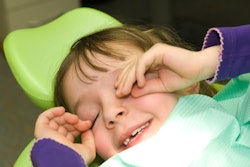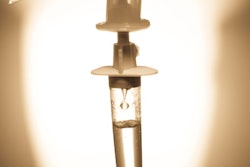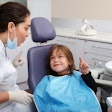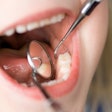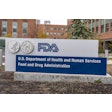Is propofol better than sevoflurane as a general anesthesia for pediatric patients?
Noting that "volatile anesthetics" have been associated with emergence delirium in children, while propofol has been shown to reduce the incidence of emergence delirium after surgery, researchers from the University of Cincinnati College of Medicine decided to compare the two with regard to the quality of recovery following dental surgery (Pediatric Anesthesia, August 2009, Vol. 19:8, pp. 748-755).
Working with 179 pediatric patients scheduled for ambulatory dental surgery who presented with risk factors for perioperative behavioral issues, the doctors anesthetized the patients using either sevoflurane or propofol.
The incidence of emergence delirium, as measured by the Pediatric Anesthesia Emergence Delirium score, was the primary outcome. Secondary outcomes included the incidence of postoperative nausea and vomiting (PONV), number of nursing interventions in the recovery room, time to discharge readiness, and parental satisfaction.
The researchers found no difference in the incidence of emergence delirium after both types of anesthesia. However, sevoflurane significantly increased the risk of PONV and the number of postoperative nursing interventions. Parental satisfaction was equally high with both anesthesia regimens.
While propofol did not lead to a lower incidence of emergence delirium after dental surgery in children, it did result in significantly less PONV and fewer postoperative nursing interventions, the researchers concluded.
Copyright © 2009 DrBicuspid.com




